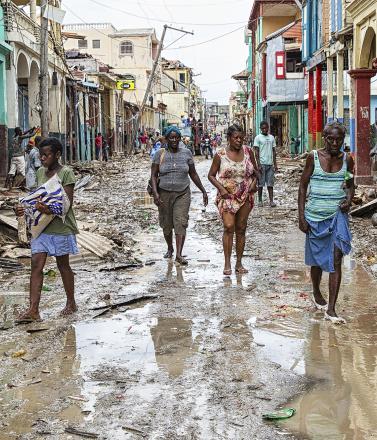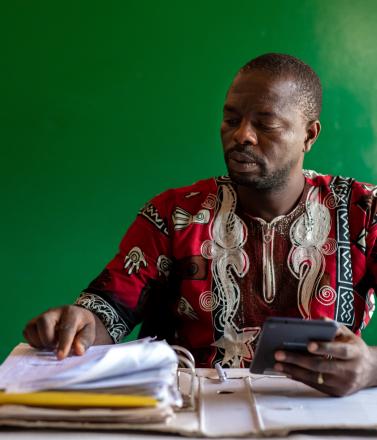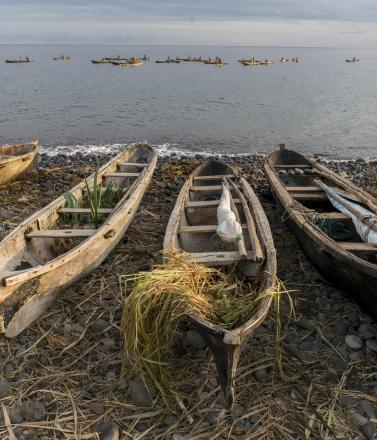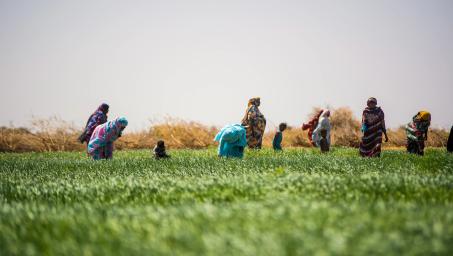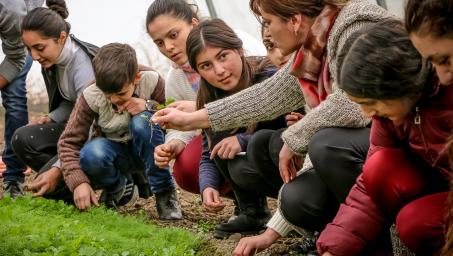UNDP's Strategic Engagement in SIDS through South-South and Triangular Cooperation
Overview
Across a complex development landscape, the 39 Small Island Developing States (SIDS) stand at a unique intersection, where increasing vulnerability caused by the impact of climate change meets an unparalleled capacity for innovation and resilience. Confronted by rising sea levels and an increase in natural disasters, alongside economic vulnerabilities such a narrow range of exports and limited access to global markets, SIDS have an urgent need for adaptive and transformative solutions.
South-South and Triangular Cooperation play a crucial role in accelerating development impact in SIDS. Notably, this cooperation modality underscored the SAMOA Pathway outcomes 10 years ago, promoting the exchange of good practices, knowledge and technology transfer, in addition to facilitating capacity building and technical assistance.
Orchestrating impact: UNDP’s strategic interventions in SIDS
South-South and Triangular Cooperation is fundamental to UNDP’s engagement with SIDS. As a key convenor and facilitator, UNDP leverages its extensive network of country offices, regional hubs, policy centres, and expertise to foster South-South and Triangular Cooperation opportunities for SIDS, transforming vulnerabilities into pathways for sustainable growth and resilience.
In 2023, UNDP fostered South-South and triangular cooperation for SIDS through the implementation of 48 initiatives across 25 SIDS, addressing many of the common challenges to sustainable development faced in these countries. Such efforts underscore the importance of cooperation in advancing the development agenda and achieving shared goals among vulnerable communities. By fostering collaboration around development ambitions, these initiatives tackled immediate challenges with durable solutions.
Note: the data is sourced from the 2023 Results-oriented Annual Reporting (ROAR)
Empowering voices
UNDP organized more than 30 South-South knowledge exchange initiatives across 20 SIDS in 2023, with colleagues and partners sharing insights and innovative practices to common challenges. These peer-to-peer learning and collective development opportunities gave a platform to share solutions, technology and expertise with a Global South lens.
Example
UNDP assisted the government of Sao Tome and Principe in organizing the country's first Lusophone Cluster meeting to raise awareness on climate transparency. This cross-regional event, attended by representatives from all Lusophone countries (Cabo Verde, Guinea Bissau, Sao Tome and Principe, Timor-Leste, along with Angola, Brazil, Mozambique, and Portugal), GIZ, and other development partners, raised awareness and expertise around policymaking and climate transparency.
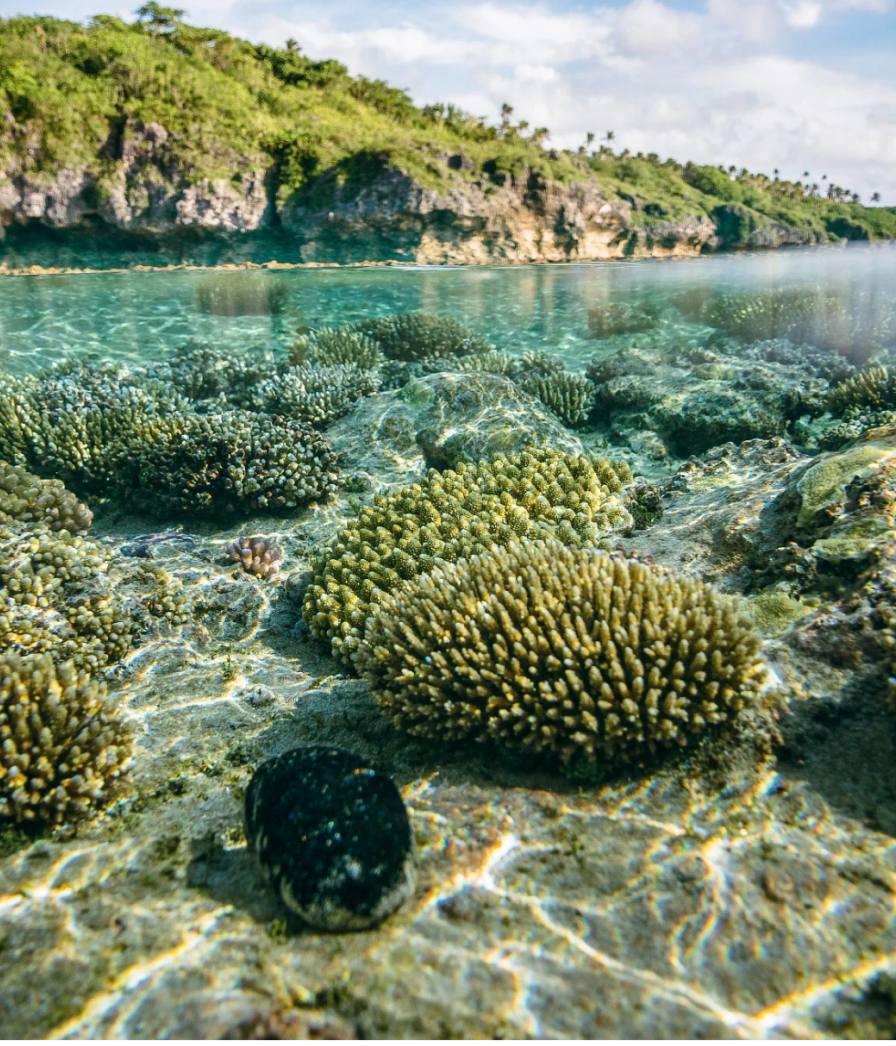
Building foundations
Capacity building efforts in over 16 initiatives, have laid the groundwork for development gains by strengthening local capacities to contend with common regional challenges.
Example
UNDP facilitated the development and implementation of the Sectoral Adaptation Strategy and Action Plans in five countries of the Organisation of Eastern Caribbean States (OECS). This strategy was instrumental in steering these Caribbean nations toward resilience against climate change, emphasizing inclusive and sustainable natural resource management practices.
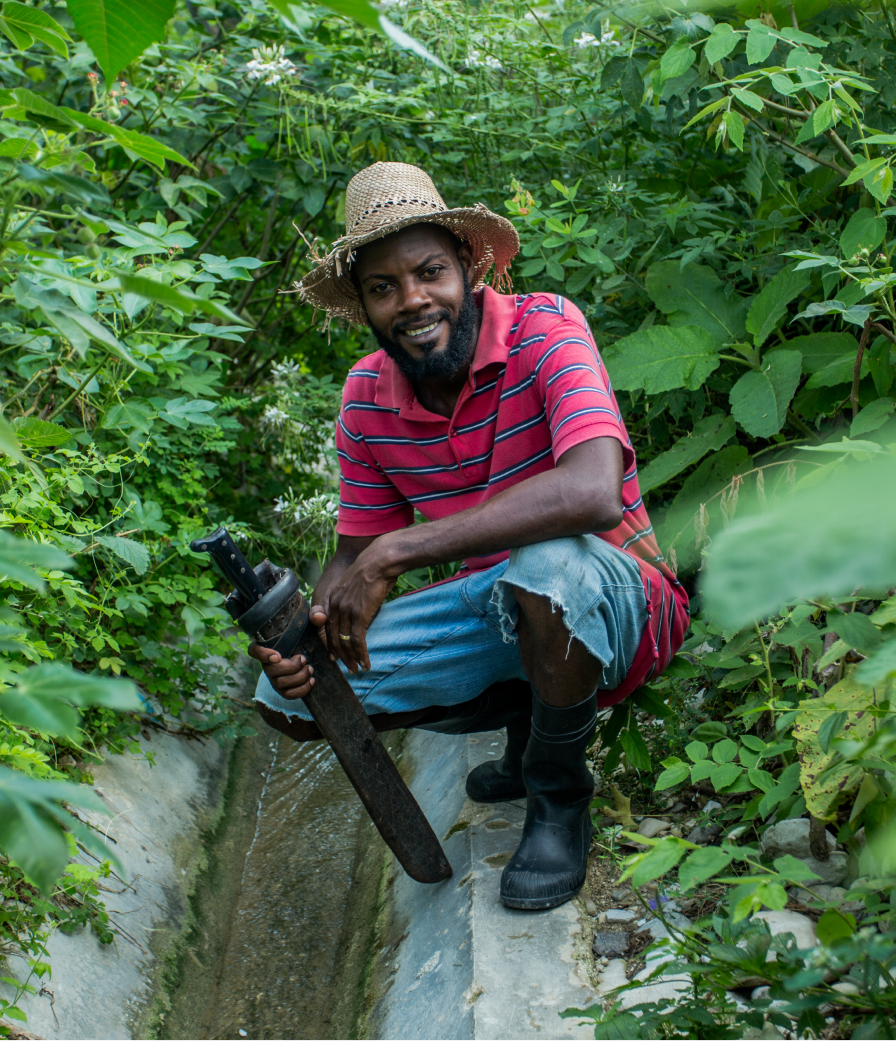
Navigating progress and partnerships
Brokering alliances for change, UNDP helped spearhead 16 South-South partnerships in 2023, underscored its role in brokering alliances that drive systemic change.
Example
In the Pacific region, UNDP facilitated the development of a Strategic Action Program Framework for 2024-2033 to support the Arafura and Timor Seas marine ecosystem through collaboration between Papua New Guinea, Timor-Leste, Indonesia, and Australia. This programme targets critical issues around marine pollution, oil spills, the protection of endangered species, and the fight against illegal, unreported, and unregulated (IUU) fishing.
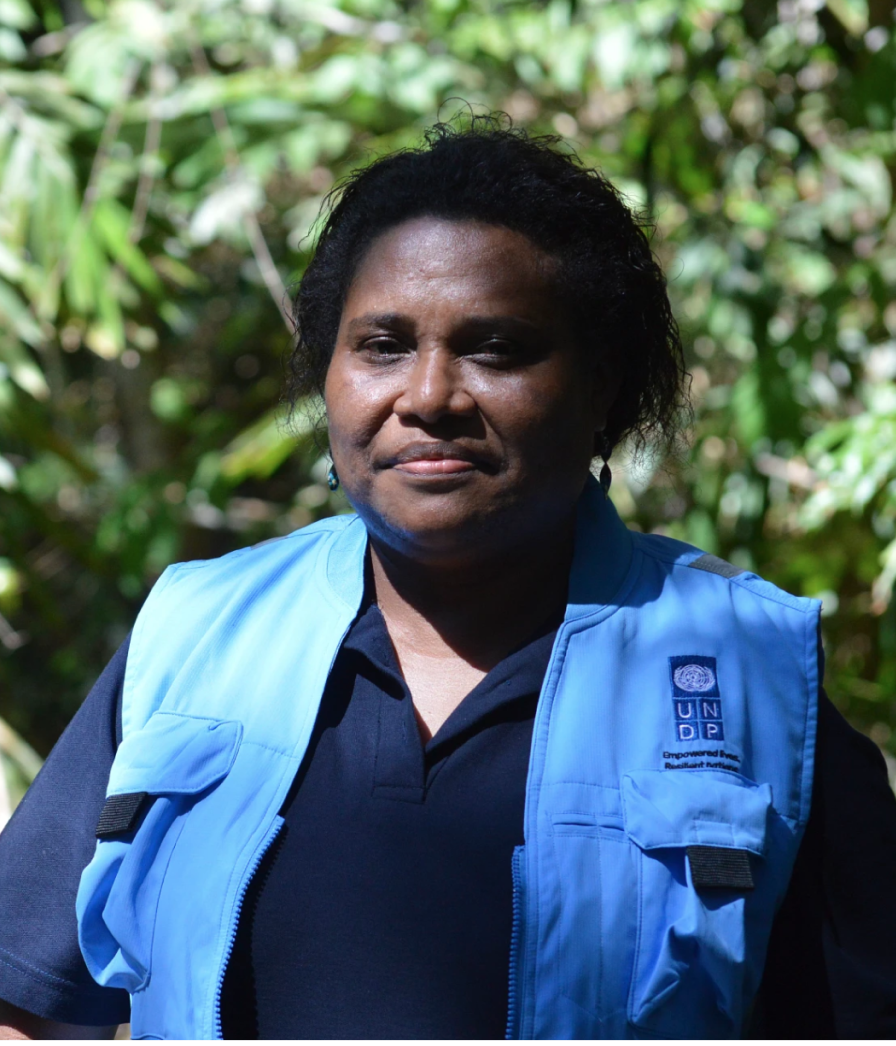
Bridging Divides
In 2023, UNDP brought together a myriad of voices primarily with governments, regional organizations, the private sector, CSOs/NGOs, international financial institutions, and academia across SIDS to help leverage country-to-country engagements and regional and cross-regional collaboration initiatives.
Examples
Spotlight on Success
The Samoa Pathway, the Mauritius Strategy, and the Barbados Programme of Action outlined the development priorities of SIDS that takes into account their environmental vulnerabilities, economic challenges, and social inequalities.
The outcome document for the Fourth International Conference on Small Island Developing States (SIDS4), "The Antigua and Barbuda Agenda for SIDS (ABAS) – a Renewed Declaration for Resilient Prosperity" further highlights important areas to achieve development ambitions in SIDS, covering key areas such as climate change, biodiversity loss, ocean conservation, disaster risk reduction, access to finance, and debt sustainability. South-South and triangular cooperation including SIDS-to-SIDS are highlighted as development cooperation means to mobilize human, financial, technical, and technological resources, as a complement to, North-South cooperation.
UNDP has facilitated transformative progress, leveraging South-South cooperation, to address SIDS distinctive needs through:
Recognizing the acute vulnerability of SIDS to climate change, UNDP has championed initiatives to bolster climate resilience and adaptive capacity. Through South-South and Triangular Cooperation, representatives in SIDS have collaborated on knowledge and innovative practices in disaster risk reduction, coastal management, biodiversity, and sustainable agriculture, turning climate vulnerabilities into opportunities for sustainable development.
In the face of economic vulnerabilities, UNDP's strategic partnerships have been instrumental in stimulating economic empowerment and growth in SIDS. By fostering inclusive and sustainable economic development, South-South and Triangular Cooperation initiatives have enhanced trade capacities, supported small and medium-sized enterprises (SMEs), and promoted blue and green economies.
UNDP's initiatives in SIDS have focused on strengthening institutions, ensuring access to justice, and fostering inclusive societies. Efforts to enhance governance, combat corruption, and ensure the rule of law are crucial for creating stable, peaceful environments conducive to sustainable development.
South-South and Triangular Cooperation is embodied in SDG 17. UNDP has played a pivotal role in facilitating partnerships, sharing good practices, and mobilizing resources for SIDS, ensuring that the path towards sustainable development is a collaborative and supported effort.
UNDP's role in championing South-South and Triangular Cooperation goes beyond commitment. It’s movement towards a future where every country, regardless of size or resources, can share in the benefit of shared knowledge, innovation, and mutual support. The success stories from SIDS not only demonstrate resilience and adaptability but also offer valuable lessons and models for sustainable development that can be replicated and scaled across other contexts.
As we accelerate to 2030, UNDP’s support to South-South and Triangular Cooperation will continue to focus on national agendas and collective action to development ambition, including the New Programme of Action that will be endorsed at SIDS4.

